How to Determine if Your Current SEO Strategy is Helping or Hurting You
How to Determine if
Your Current SEO Strategy is Helping or Hurting You
SEO is a powerful tool to utilize when building and maintaining your brand’s digital presence, but only when it’s done right. A smart, ethical SEO strategy can sustainably increase your traffic, improve search engine rankings, and generate leads and sales over time. However, a poorly executed strategy can do the opposite by draining your budget and damaging your rankings, allowing competitors to take over. So how can you determine if your current SEO strategy (or your SEO partner) is helping or hurting you? Below, we dive into some questions you should ask yourself when making that evaluation to ensure you’re making the best decision for your brand’s growth and success.

How to Build Digital Credibility
1. Are you seeing measurable progress over time?
SEO takes time, but it should show steady progress throughout implementation. Using your key performance indicators (KPIs), look for consistent growth in organic traffic, improved keyword rankings, higher engagement, and higher-quality leads. If your rankings and traffic are flat or declining, your strategy may be misaligned or poorly executed, this means it’s time to rework the strategy.
2. Does your current strategy align with business goals?
A good SEO strategy should support both short-term and long-term business goals, whether that’s earning more leads, increasing online sales, or driving foot traffic to your brick-and-mortar store. If your SEO efforts feel disconnected from your goals or are not putting you on the path to achieve those, the strategy may need a reset.
3. Is your content valuable?
Your brand’s website should contain valuable content that educates, informs, or effectively solves problems for your customers; valuable, relevant content is key to sustainable SEO. If your site is stuffed with keywords or lacking in content, your chances of ranking for relevant keywords decrease, and you lose trust from search engines and users.
4. Are you attracting the right traffic?
Keeping track of your SEO efforts is not just about numbers, it’s about quality. A successful SEO strategy brings in prospects who are truly searching for the types of products or services you offer. High traffic with low conversions or irrelevant search terms is an indicator that your SEO isn’t targeting the right audience.
5. Is your website strong (and getting stronger)?
Technical SEO should play a healthy role in your strategy including things like site speed, mobile-friendliness, coding, and an optimized structure. Not only does this affect a search engine’s ability to populate your content for the right people, but it ensures the user experience is a positive one. Frequent crawl errors, broken links, or slow load times signal a weak technical foundation, dragging your rankings down.
SEO is Dynamic
It’s important to remember that SEO is constantly changing, so your SEO strategy should be dynamic, allowing you to adjust when needed. A good strategy adapts to search engine updates, shifting consumer trends, and new opportunities in your market. If you haven’t changed your approach in a year or more, it may be time to switch it up.
Whether you’re managing your SEO in-house or through an external source, you should have clear visibility into the strategy, execution, and results of your efforts. If you’re in the dark about what’s happening behind the scenes, now is the time to get the answers to these questions and educate yourself on SEO along the way!
A successful SEO strategy is measurable, evolving, and aligned with your business goals. If your current approach isn’t delivering the progress or clarity you need, it’s time to reevaluate.
Looking for another option? Here at The Axle Group, we offer our SEO 4 Results program to bring you clarity, compliance, and the results you've been looking for. Book a complimentary site audit with us today to find out if your current SEO strategy is helping or hurting you and what to do next.

 Back
Back

